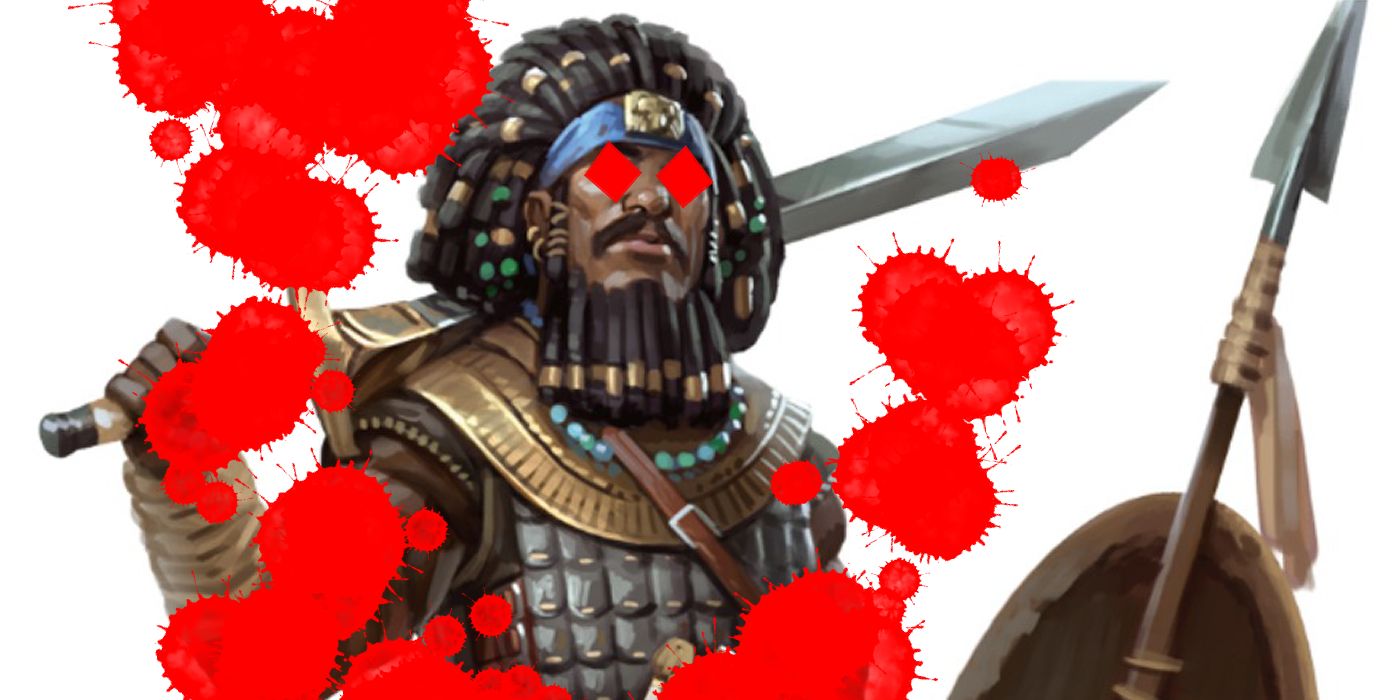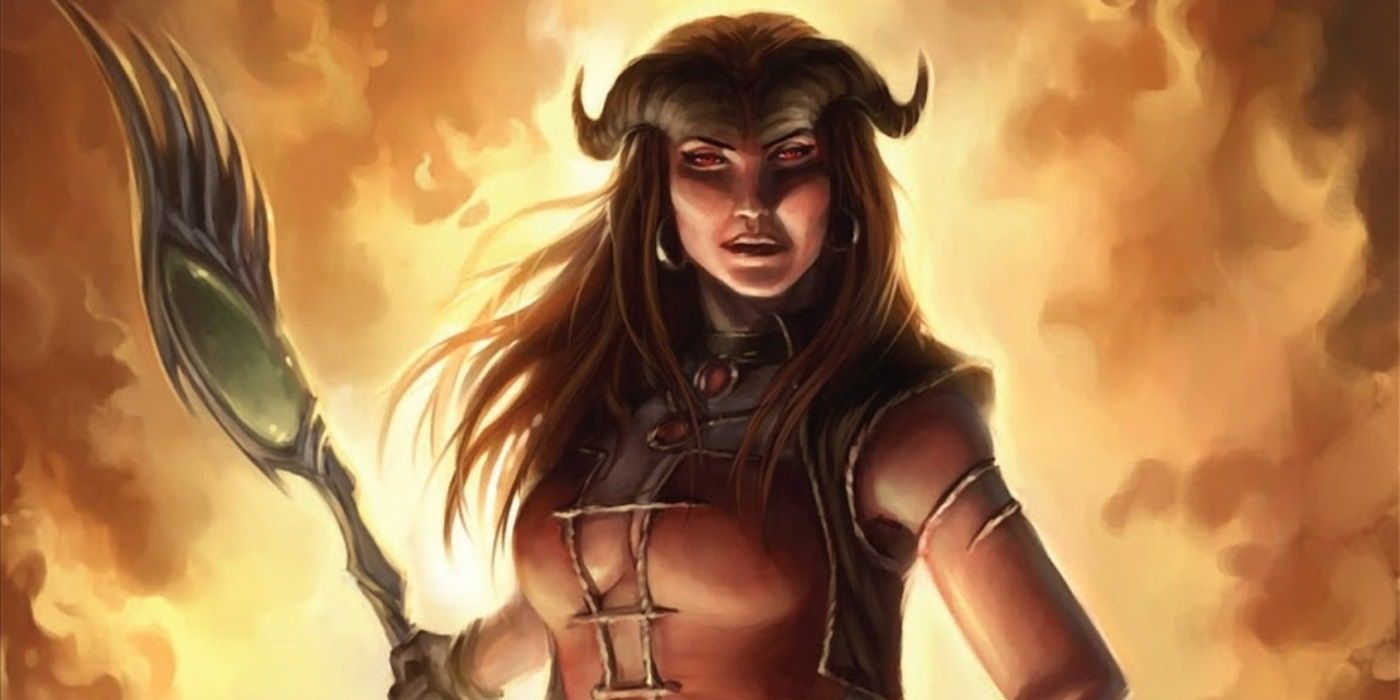While players of Dungeons & Dragons usually take the creation of their character seriously when entering a party, occasionally something goes amiss, and a Murder Hobo is born. There are a number of reasons that can cause a player to become a Murder Hobo, which is a character who attacks everything and everyone they encounter, instead of using strategy of social skills to solve problems. These characters can be a challenge for party members, as well as the Dungeon Master, as they often create conflict and turmoil in their destruction.
There are several situations in D&D that could potentially cause a Murder Hobo to appear in a party. The player of the Murder Hobo might be struggling to connect to the world, creating a feeling of detachment from what is happening in the story. They might also feel that taking the time to problem solve lacks incentive, and they could just kill the shopkeeper to get the keys they need, or turn a village guard into a tar-spot, rather than try to reason with him. This lack of interest in the D&D narrative can make it tempting for a player to simply remove obstacles by force, instead of engaging with their teammates to problem solve.
A Murder Hobo can also infiltrate a Dungeons & Dragons campaign when a player is trying to be funny. It is especially likely if the player is new to the game and intimidated by roleplaying. Having their character respond with violent extremes may seem easier than attempting to get into character to break down the problem they are facing. However, this is a bad crutch to fall on, and can be frustrating for the player's party members as well as the Dungeon Master, whose hard work consistently gets obliterated.
Dungeons & Dragons Dungeon Masters Don't Want Murder Hobos
The best way to handle a Murder Hobo in a Dungeons & Dragons party is to enact consequences for extreme actions. If a player is running through a town destroying shops and killing the shopkeepers to take what they want, the Dungeon Master could have the town put a bounty on the player's head. If the player kills an NPC instead of interacting with them to get a key item or information, it could be that information is permanently lost to the party. By putting weight behind player actions, it gives more incentive to think before they act - especially if the D&D party starts to get frustrated at not being able to finish quests, or lose their ability to go into towns to purchase potions and weapons.
Unfortunately, Murder Hobos aren't as much fun as players might think. They are even less fun for a Dungeon Master to manage, as the narrative of the carefully built D&D campaign can quickly go up in smoke at the hands of a Murder Hobo character. Because of this, it is better to use strategy and roleplay with the party to find interesting solutions to the problems presented by the Dungeon Master, instead of murdering through a Dungeons & Dragons campaign, making the adventure more fun and rewarding for the entire playgroup.


